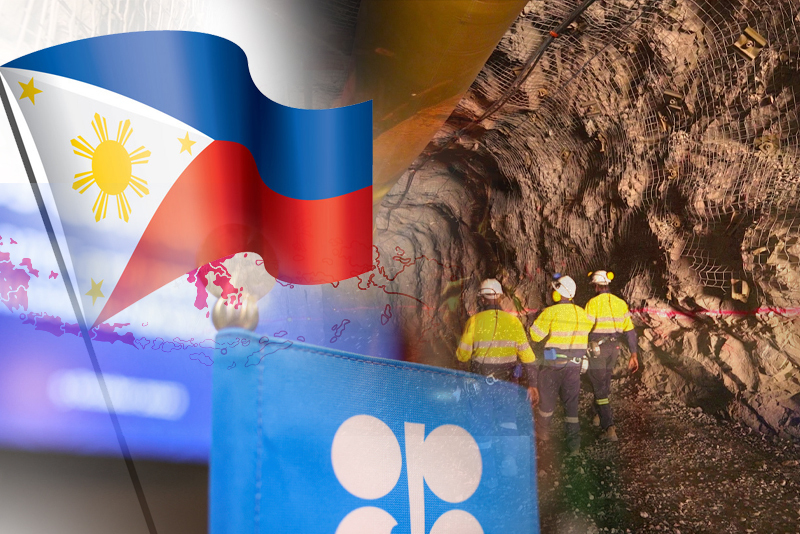
Indonesia wants a cartel for metals used in batteries
No other country generates more nickel than Indonesia. The 276 million-person archipelago nation plans to seize the enormous potential presented by the rising need for batteries to power the energy shift.
With the rise in demand for essential battery metals like nickel brought on by the electric car revolution, Indonesia has begun pushing for the formation of an organisation like to OPEC that would bring together the world’s major miners to coordinate their strategies.
Also Read – In response to OPEC+ oil output cut, Biden announces release of 15m barrels of oil reserve
The offer seems to be a long shot. Another significant producer, Canada, has stated that participation is “extremely improbable.” The structure of the nickel market is likewise quite different from the crude oil market, with private corporations replacing national companies.
According to Richard Bronze, an analyst with the research firm Energy Aspects, “I’m not certain it’s going to be quite as susceptible to a production cartel.”
Indonesia’s campaign, however, offers as an example of how the shift to clean energy could alter geopolitics as nations with high-value reserves of nickel, cobalt, and lithium seek to take advantage of their access to in-demand minerals.
According to Jane Nakano, a senior fellow at the Center for Strategic and International Studies who specialises in energy security and climate change, this is how they believe they can be more relevant to the geopolitics and global energy market, as well as to be a part of the emerging energy economy.
The Organization of the Petroleum Exporting Countries, more commonly known as OPEC, has played a significant role in influencing the global oil market over the 62 years since its founding, most notably in 1973 when its Arab members banned exports to the United States and other nations due to their support for Israel. It angered the White House in October when it decided to cut output, and it reiterated that decision at a meeting that was keenly monitored on Sunday.
However, with the global demand for fossil fuels expected to peak, its political position is less solid; in contrast, countries that have access to the metals and minerals necessary for the transition to renewable energy may strengthen their position.
Also Read – Saudi Arabia, United States clash over reason for OPEC+ oil cut
The International Energy Agency stated in a report released in 2021 that the switch to renewable energy “means a move from a fuel-intensive to a material-intensive system,” noting that a typical electric vehicle requires six times more minerals than a conventional car. By 2040, the stainless steel industry is expected to be replaced by electric vehicles (EVs) and battery storage systems as the major nickel consumers.
Indonesia will gain from this change. With the aid of foreign investors, it quickly built up its own downstream processing capacity after prohibiting nickel ore exports in 2020, which led to a trade dispute with the European Union. Currently, the nation supplies more than 38% of the world’s refined nickel, according to data from market research firm CRU Group




